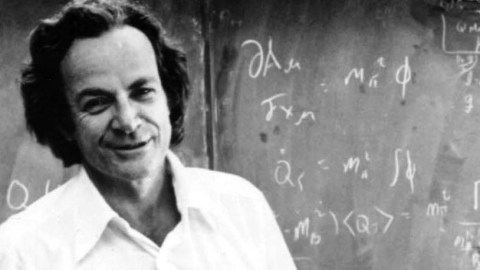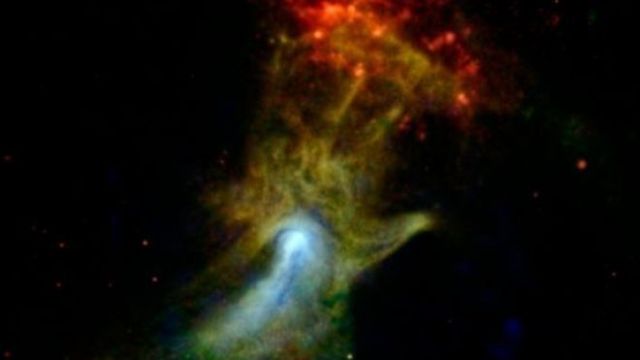The Common Character Trait of Geniuses

James Gleick, who wrote a biography of Isaac Newton, describes the reclusive scientist as “antisocial, unpleasant and bitter.” Newton fought with his friends “as much as with his enemies,” Gleick says. In contrast, Richard Feynman, the subject of another Gleick biography, was “gregarious, funny, a great dancer.” The superficial differences between the men go on and on. “Isaac Newton, I believe, never had sex,” Gleick says. “Richard Feynman, I believe, had plenty.”
So what could these two men possibly have in common? According to Gleick, when it came to making the great discoveries of science, both men were alone in their heads. This also applies to great geniuses like Charles Babbage, Alan Turing and Ada Byron. “They all had the ability to concentrate with a sort of intensity that is hard for mortals like me to grasp,” Gleick says, “a kind of passion for abstraction that doesn’t lend itself to easy communication.”
Watch the video here:
Image courtesy of Shutterstock




